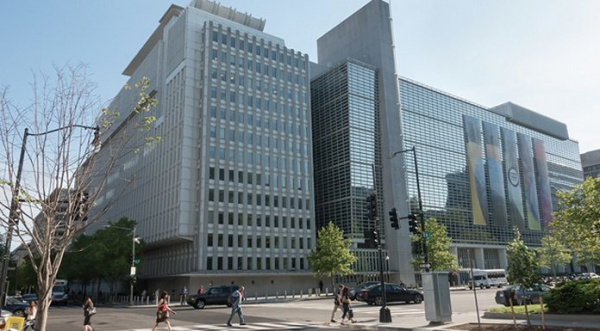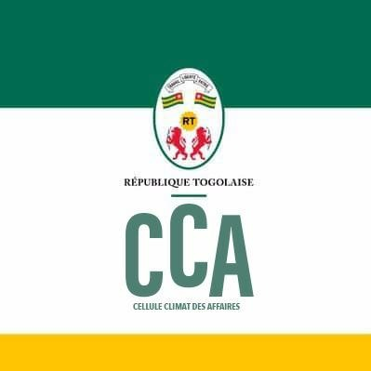World Bank approves $450M financing to boost resilience in the north of Togo and three of its neighbors

(Togo First) - The World Bank will disburse $450 million (about CFAF 265 billion) to build resilience in the northern regions of Togo and three other Gulf of Guinea countries (Benin, Côte d'Ivoire, and Ghana). The funding was approved by the Board of Executive Directors of the Washington-based institution last Thursday. It is part of the Social Cohesion Project for the northern regions of the Gulf of Guinea.
This project aims to tackle issues emerging in these regions close to the Sahel–notably terrorism-induced insecurity, conflicts spurred by climate change, and poverty which has been aggravated by the Covid-19 pandemic.
Moreover, it (the project, ed. note) aims to "anticipate and prevent" the spread of conflicts from the Sahel, reduce vulnerability to climate change, strengthen local institutions, boost economic opportunities and public confidence, as the Bank indicated in a press release.
"This project responds to the complexity of the crisis by supporting integrated and coordinated solutions at the regional level, security efforts, climate and disaster risk management, and the capacity-building of the state," explained Coralie Gevers, World Bank Operations Director for Togo, Benin, Côte d'Ivoire, and Guinea.
The initiative, we learn, follows requests from the governments of these four countries, which are increasingly facing security challenges in this vast cross-border strip, near the Sahel; hence an integrated and regional approach.
The Social Cohesion Project for the northern regions of the Gulf of Guinea is a five-year project that should impact 4,600 communities located in the northern border areas of the Gulf of Guinea. Its implementation will strongly depend on local institutions, which will play an important role in guiding the multi-faceted investments that will be made for the benefit of the population.
It should be emphasized that on the same day the financing was approved, the World Bank approved $100 million (CFAF 59 billion) in financing for Togo to support its inclusive growth program and its fiscal reforms.
Ayi Renaud Dossavi

















